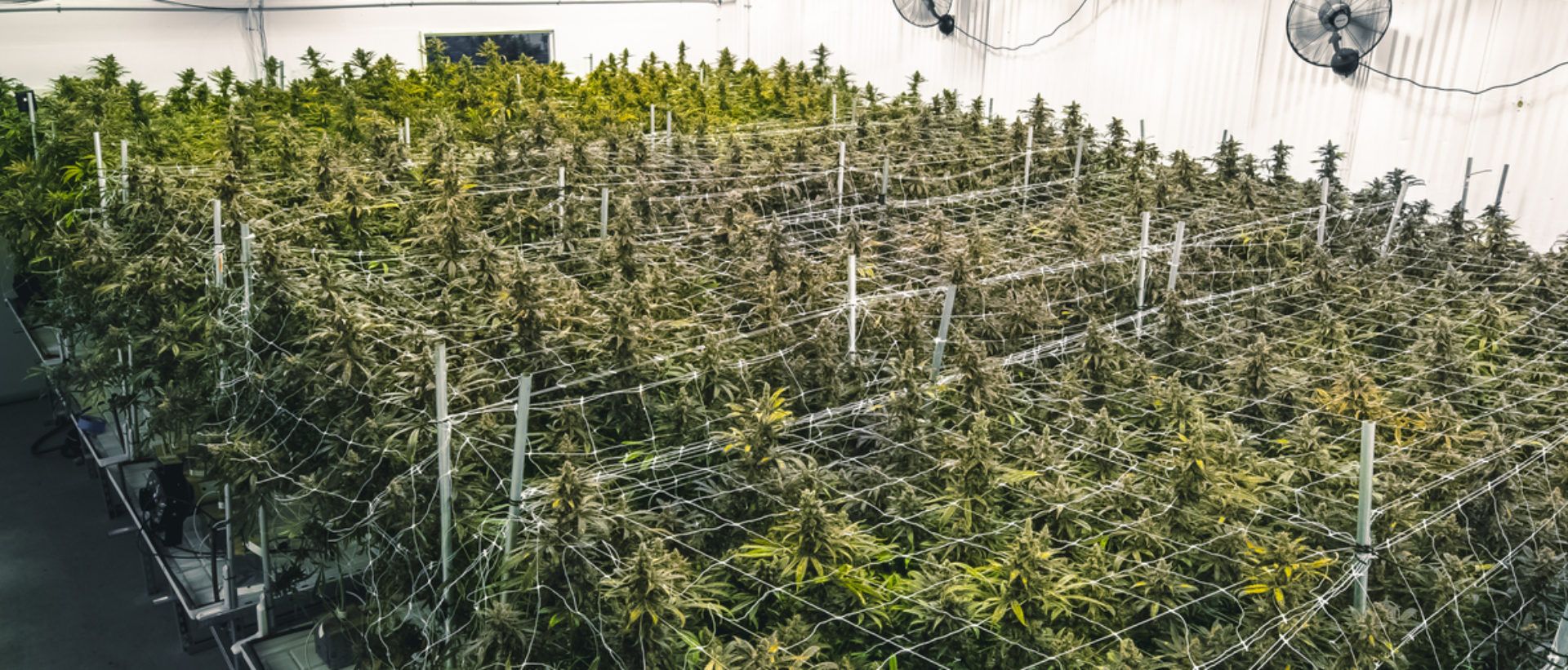Bulk cannabis distribution companies operate under a highly complex and fragmented legal framework that varies significantly from state to state. While some core principles—such as licensing, seed-to-sale tracking, secure transportation, and strict packaging rules—are commonly enforced, the nuances of each state’s regulations can be dramatically different.
Licensing and Vertical Integration
A key distinction in state laws is whether vertical integration (i.e., a single entity handling cultivation, processing, distribution, and retail) is allowed, mandated, or prohibited. In fewer than half of the legal markets, states like Alabama, California (via microbusiness), Colorado, and Maine allow or even encourage integration, providing flexibility for distributors to expand their operations. Conversely, states such as West Virginia and Kentucky restrict vertical ownership, forcing distributors to operate independently. Others—like Florida, Hawaii, and Texas—require vertical integration in medical markets, bundling cultivation, processing, and
dispensing into one licensee.
Packaging, Tracking & Transport
Almost all states mandate rigorous seed-to-sale tracking, packaging that is child-resistant and opaque, and transportation in locked vehicles with certified drivers. Nevada’s regulations, for instance, require sealed packaging, locked storage, dual agents for shipments over $25,000, and 48-hour limits on stopovers during transport. Such common safeguards aim to prevent product diversion and ensure traceability, but enforcement and detailed requirements (e.g., vehicle specs, surveillance, documentation) vary across jurisdictions.
Transportation Scope
Distributors are typically limited to intrastate movement. Transport across state lines remains illegal, even between states with legal cannabis—federal prohibition still applies. Some unique cases exist, such as California authorizing shipping to outlying islands, but most state laws forbid crossing federal boundaries.
Excise Taxes & Wholesale Pricing
State-by-state variation also appears in tax structures and wholesale pricing. Some impose excise taxes at both wholesale and retail stages (e.g., Illinois, Colorado), whereas others tax only retail. Moreover, wholesale prices differ widely, ranging from approximately $150 per pound in California to over $1,500 in Illinois. These disparities impact margins drastically for bulk distributors.
Delivery Rules
A growing number of states permit direct delivery to consumers, but conditions such as age verification, delivery licensing, and restrictions near schools vary markedly. Whereas some states preempt local bans, others allow municipalities to restrict deliveries regionally.
Federal Mosaic and Banking Limitations
At the federal level, cannabis remains a Schedule I substance, and cross-state shipping is illegal. Federal agencies like the DEA regulate bulk cultivation under the Controlled Substances Act, primarily for research—not commercial distribution. This patchwork leaves distributors navigating varied state regimes without cohesive federal guidance.
A Patchwork, Not a Quilt
While fundamental elements of compliance—proper licensure, tracking, secure transport, and packaging—are widely shared, state laws are far from uniform. Key differences revolve around vertical integration models, tax regimes, delivery rules, transportation scope, and enforcement details. Bulk distributors must maintain state-specific compliance plans and avoid cross-border operations.

